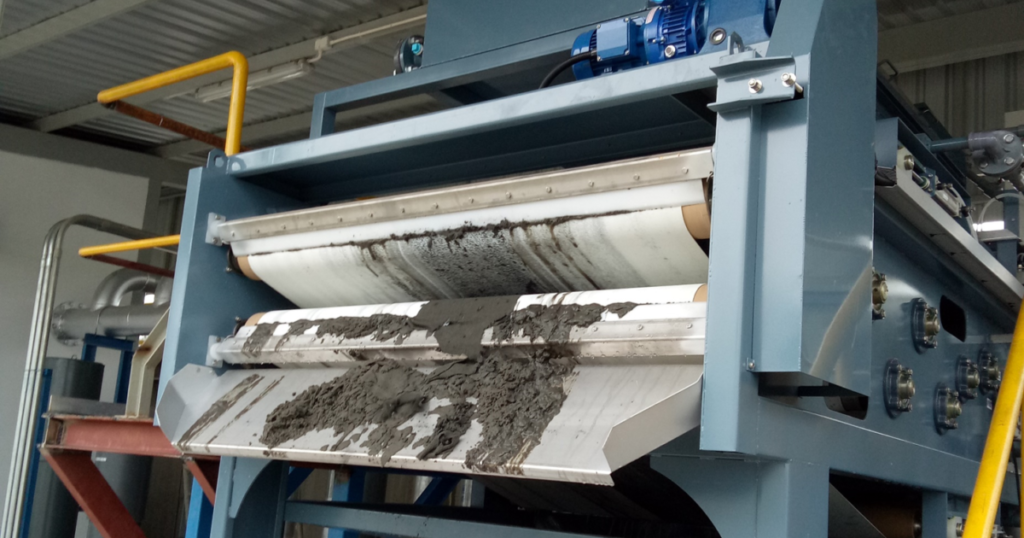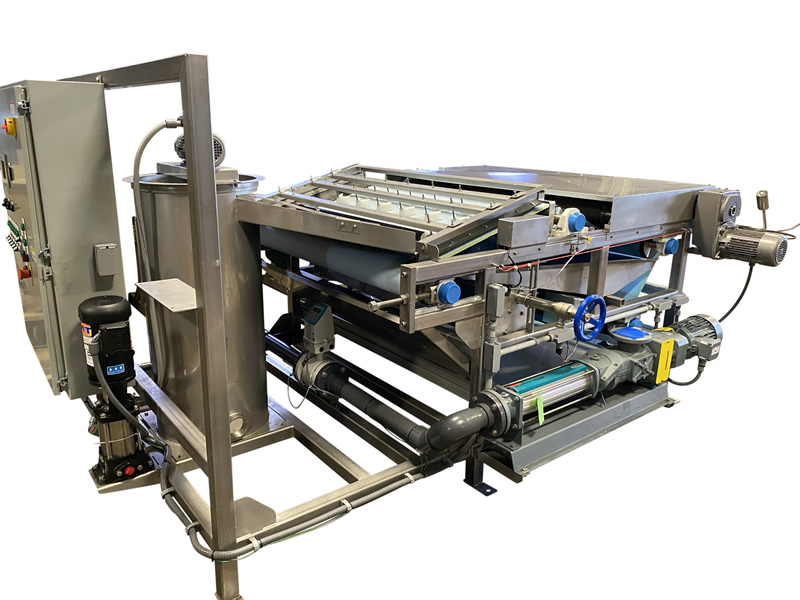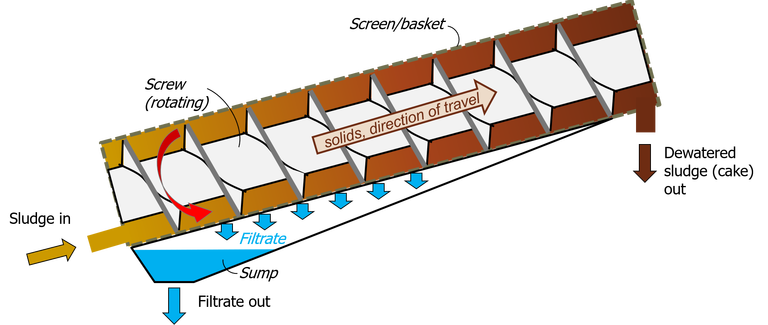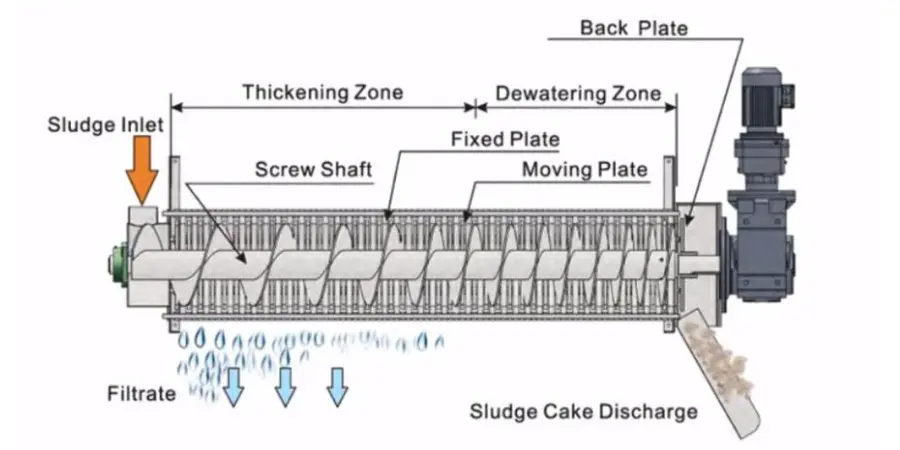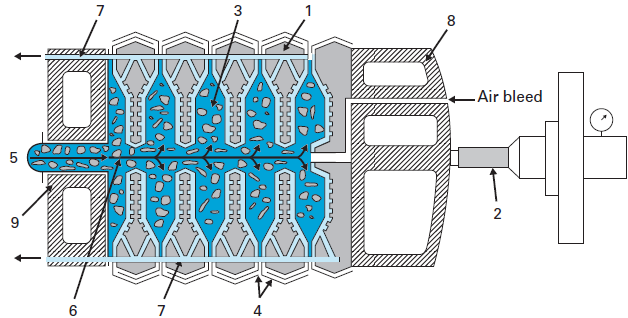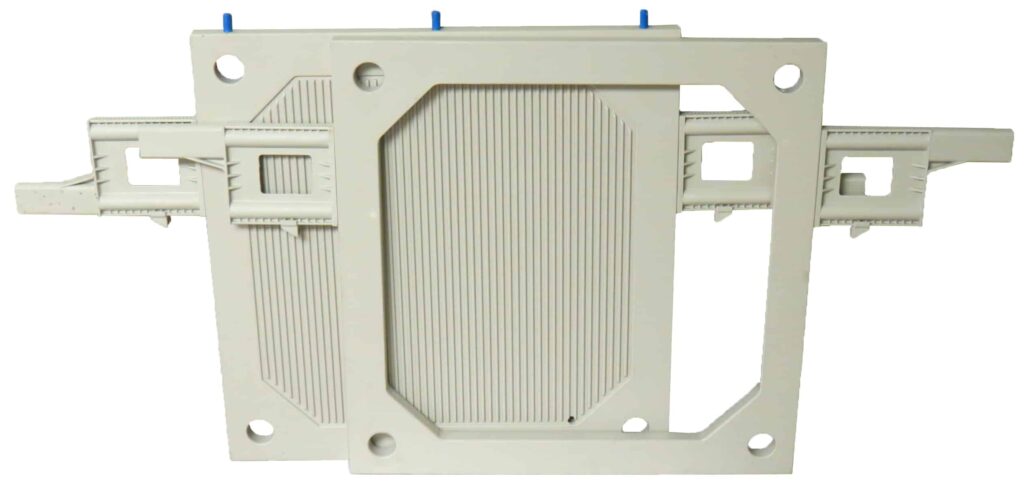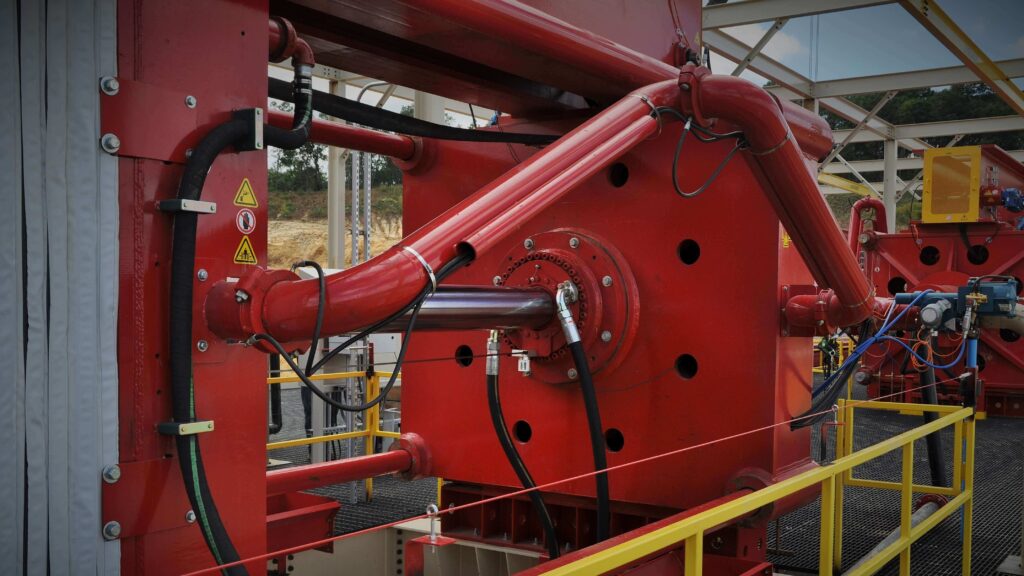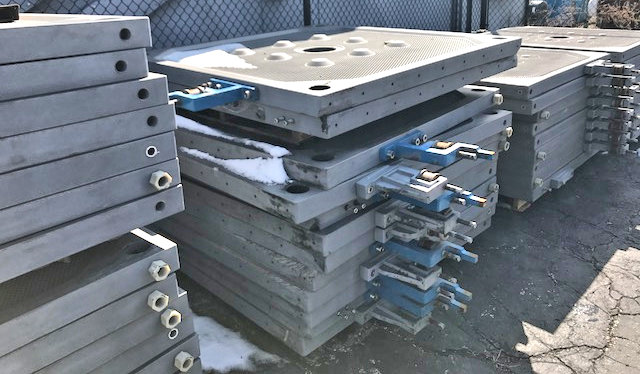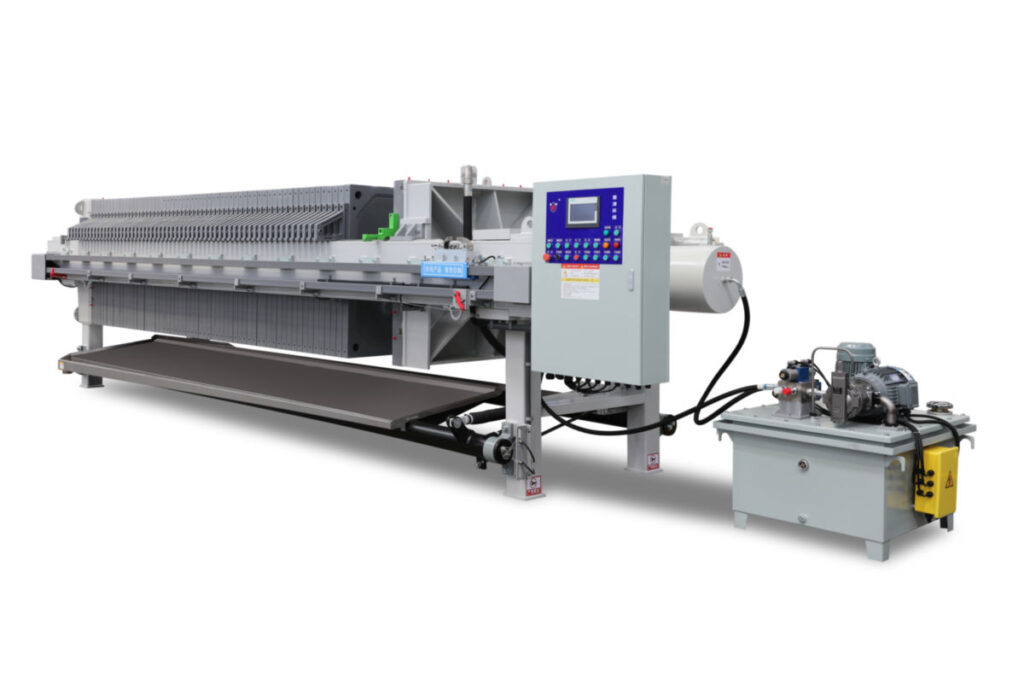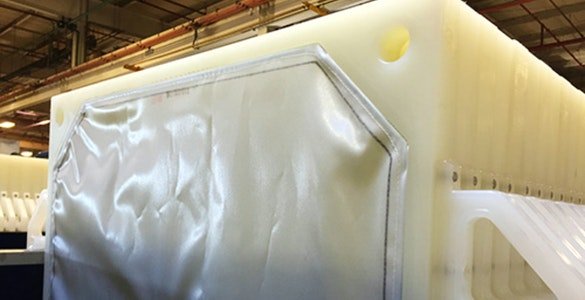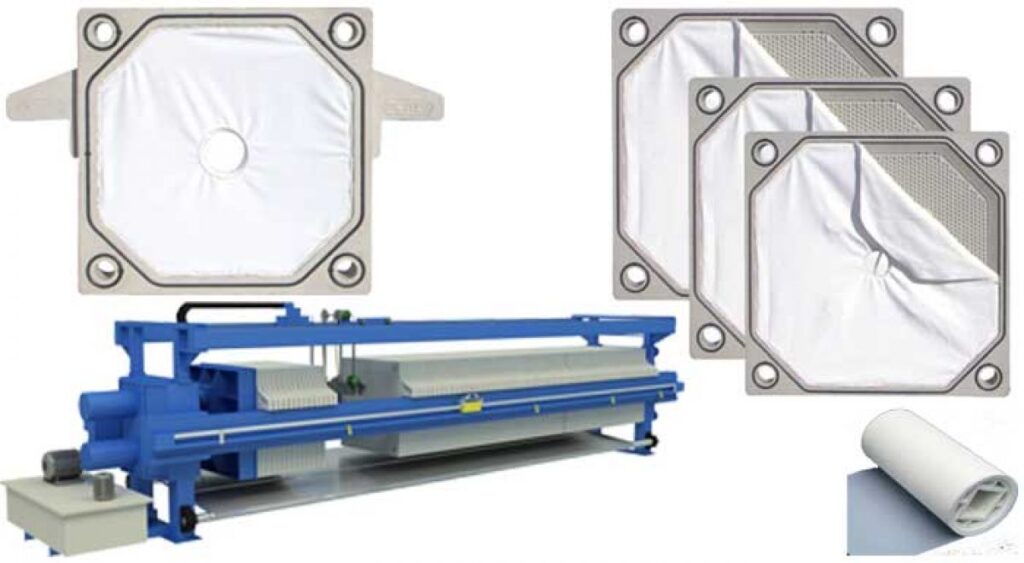Explore the world of screw press machines and their diverse applications in various industries. This article delves into their functionality, advantages, and real-world examples of how screw press machines improve processes and increase productivity.
Unveiling the Power of the Screw Press Machine
Screw press machines are a driving force in the industry, offering efficiency and versatility. In this article, we reveal their purpose, applications, and the impact they have on numerous sectors.
The Mechanism and Functionality of Screw Press Machines
Screw press machines operate by using rotational force to compress materials. They effectively dewater, separate, and compact a wide range of substances, making them invaluable in industrial processes.
Applications Across Industries
Screw press machines find applications in diverse industries, from wastewater treatment and food processing to agriculture and manufacturing. They play a crucial role in optimizing processes and reducing waste.
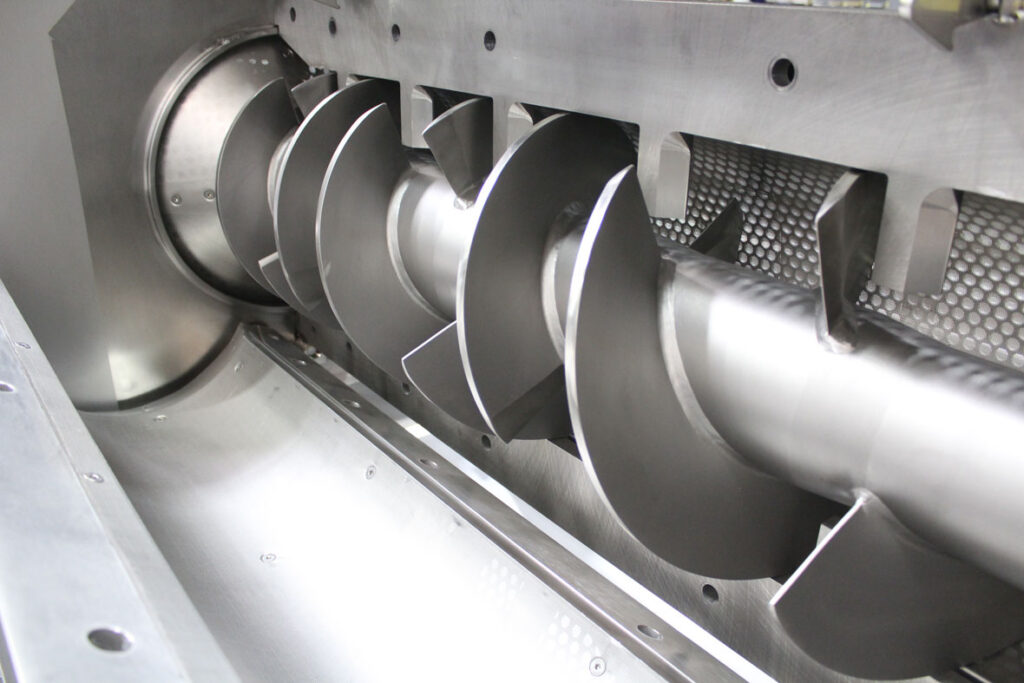
The Advantages of Screw Press Machines
The benefits of screw press machines are multifaceted. They offer high efficiency, reduced energy consumption, and lower maintenance costs. Their versatility makes them a valuable addition to any industrial operation.
Real-World Example – Wastewater Treatment
In wastewater treatment, screw press machines effectively separate sludge from water, resulting in cleaner water for discharge or reuse and drier sludge for disposal or repurposing. This process contributes to environmental sustainability.
Evolving Technology and Future Prospects
As technology advances, screw press machines continue to improve. Automation, precision, and adaptability are driving the evolution of these machines, promising even greater efficiency and reduced environmental impact.
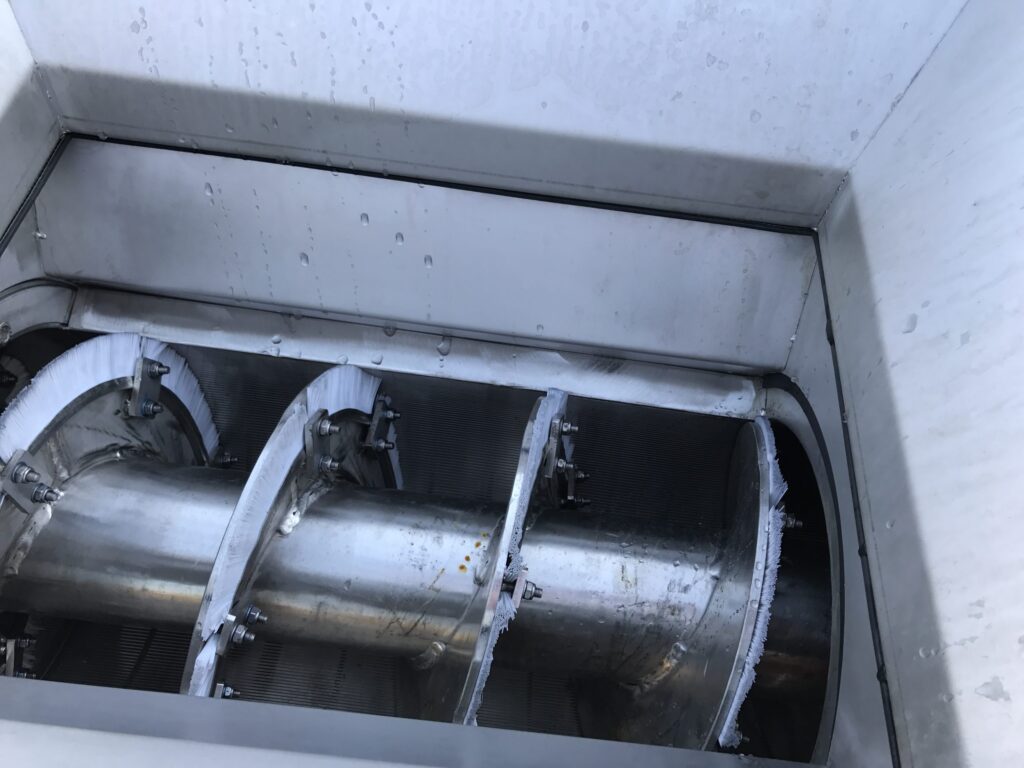
Conclusion – Elevating Industry with Screw Press Machines
In conclusion, screw press machines are pivotal in industrial processes, enhancing efficiency and productivity. With their wide range of applications and ongoing technological advancements, they are integral to industries that require material compression, dewatering, or separation.
Screw press machines represent the future of industrial processing, ushering in an era of smarter, more sustainable operations. Embrace this technology to optimize your industrial processes, reduce costs, and contribute to a greener and more efficient future.
Incorporate screw press machines into your operations to experience improved performance, lower operational costs, and a more environmentally responsible approach to material processing. It’s time to harness the efficiency and versatility of screw press machines for your industry.

